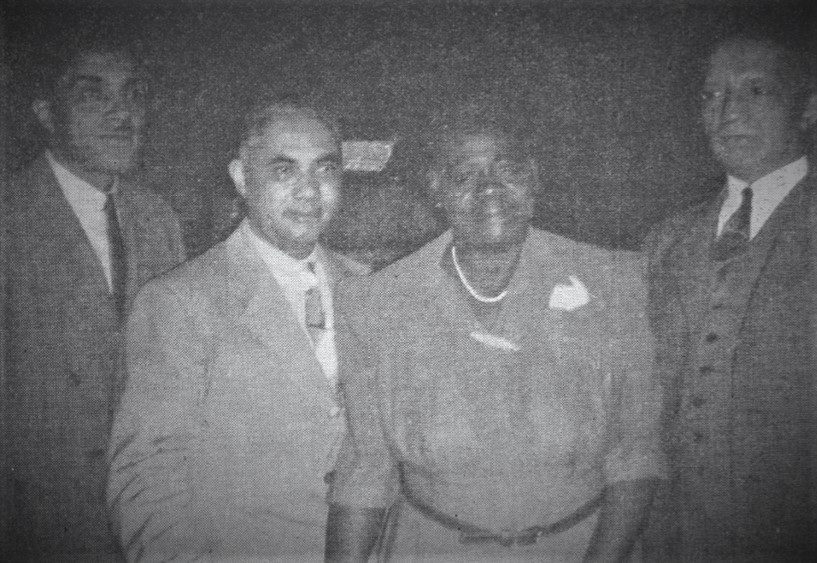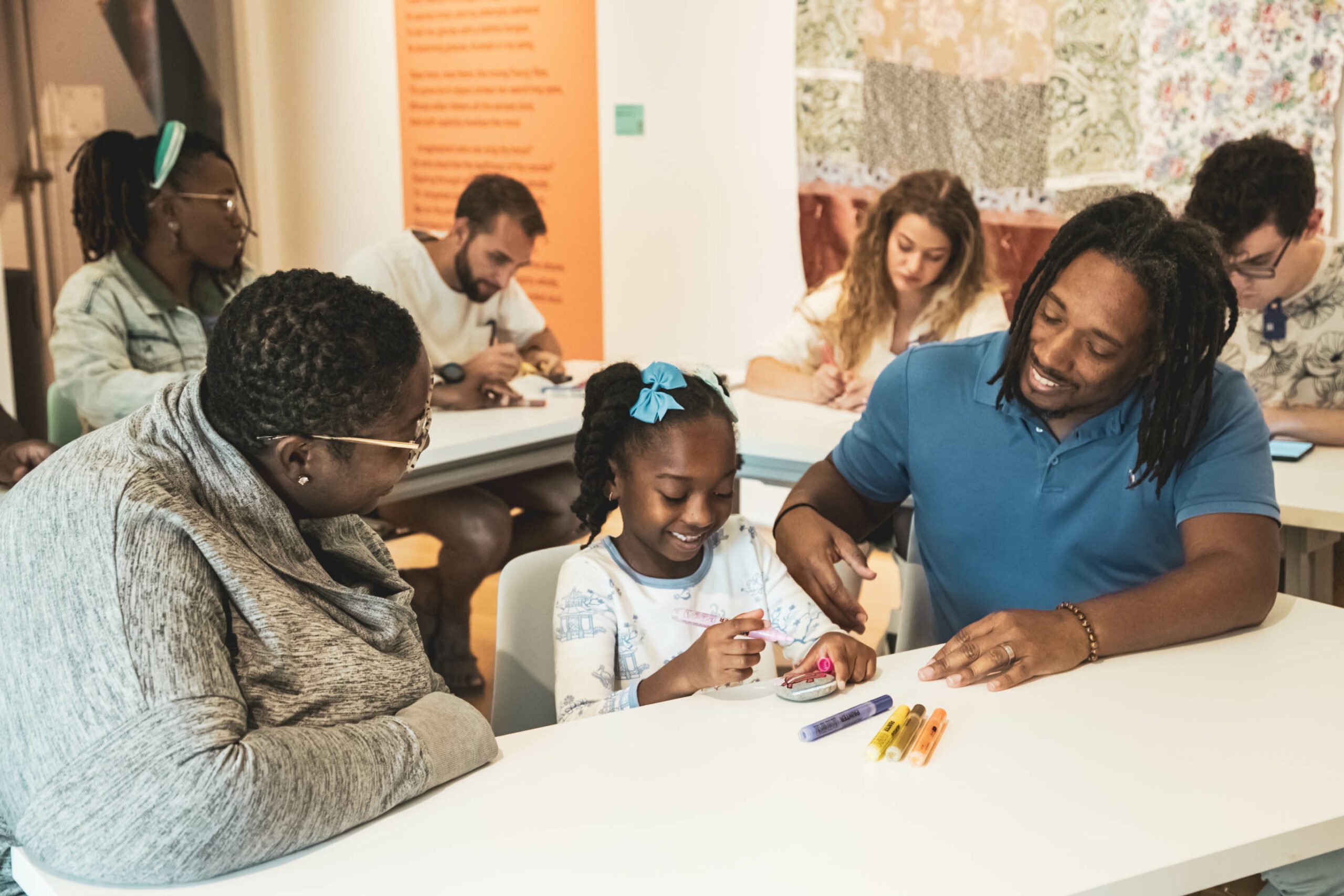- BlackVoter.Org
- Posts
- BlackVoter.Org
BlackVoter.Org


In a compelling opinion piece, author Makani Pang argues that America urgently needs stronger voting rights protections rather than imposing additional barriers, like voter eligibility tests. Such tests echo Jim Crow-era laws, disproportionately affecting lower-income families and marginalized communities.
Instead of creating a more informed electorate, these obstacles threaten democracy by silencing voices in poorer districts. Historical examples, such as the struggle for voting rights in the 1960s, highlight the ongoing battle against voter suppression tactics.
Pang emphasizes that the right to vote should not hinge on socioeconomic status, warning that implementing such tests would push democracy further out of reach for many. As participation rates decline, it's clear that apathy and systemic obstacles coexist.
Ultimately, Pang calls for a focus on enhancing civic education rather than erecting barriers, advocating for a more inclusive democracy that empowers every citizen’s voice.

A recent poll suggests that ex-Governor Andrew Cuomo could handily defeat current Mayor Eric Adams in a Democratic primary for mayor, particularly among black voters. The Bold Decision survey reveals Cuomo's support at 46% compared to Adams' mere 18%.
With nearly 73% of Democratic voters expressing an unfavorable view of Adams, largely due to his low approval ratings and ongoing corruption charges, Cuomo’s potential comeback could significantly shift the landscape of the June 2025 election. Interestingly, Cuomo appears to hold substantial appeal across various demographic groups, while Adams’ struggles mount.
As the drama unfolds, the stakes are high for both candidates, making the upcoming primary one to watch closely.

In his insightful article, Neil O’Brien reveals how America’s cultural wars stem from a complex interplay of racial realignment and shifting political identities. Traditionally, narratives suggest that political elites polarized public opinion on issues like abortion and gun control.
However, O’Brien argues that it was America’s racial realignment in the 1960s that fundamentally transformed party dynamics, intertwining racial attitudes with other cultural issues long before they became prominent in political discourse. As the Democratic Party championed civil rights, culturally liberal voters gravitated towards it, while conservative demographics flocked to the Republican Party.
This trend mirrors patterns seen in democracies worldwide, suggesting that these divisions weren't uniquely American but rather part of a broader democratic framework. O’Brien's work intricately connects historical public sentiment and elite influence, offering a refreshing perspective on the roots of polarization and its implications for contemporary politics.


Dive into the inspiring stories of Dr. Carter G.
Woodson and Mary McLeod Bethune, two educational powerhouses who shaped Black history in America! Friends and allies, they launched the movement that evolved into what we now celebrate as Black History Month. Bethune, with just $1.
50, founded a school for Black girls that blossomed into Bethune-Cookman University, while Woodson was determined to correct the historical narrative of African Americans, founding the Association for the Study of African American Life and History. Their unwavering commitment to education and equality not only enriched the lives of countless young people but also laid the groundwork for a more inclusive historical understanding.
Reflecting on their legacy encourages us all to recognize the vital role of teachers and consider how we can inspire others, just as they did.

Join host Al McFarlane in the enlightening episode of "The Conversation," where the complexities of love and identity within African American couples take center stage. This vibrant discussion explores not only the depth of romantic relationships but also how cultural, historical, and social factors shape these connections.
Featuring insights from renowned experts, the episode delves into the unique challenges faced by Black couples, the influence of community, and the quest for personal and collective identity. With engaging narratives and thought-provoking dialogue, this episode sheds light on the beautiful tapestry of love stories among African Americans, offering listeners a chance to reflect on their own experiences and the power of connection.

In a whirlwind kickoff to his second term, President Donald Trump signed nearly 100 executive orders just hours after his inauguration, aiming to revitalize his campaign promises and assert his authority. His actions, which address key issues like immigration and government policies, have already ignited fierce pushback from opponents and legal experts who argue that many may exceed his constitutional powers.
Among these contentious moves is a directive challenging birthright citizenship, which is likely to face significant legal hurdles. Critics wasted no time, filing lawsuits before Trump’s pen was even dry, while his supporters see these bold initiatives as a sign of progress.
Political analysts suggest this rapid-fire approach aims to showcase decisive leadership and rally his base, though many of these orders may soon be tested in courts, leading to a potential clash over presidential power and policy direction. As Trump pushes ahead, the legal landscape promises to be anything but quiet.

In a landmark move for justice, President Joe Biden posthumously pardoned Marcus Garvey on January 19, 2025, a full 85 years after the pioneering Pan-African leader's death. Garvey, born in Jamaica and celebrated as a national hero, faced wrongful conviction in 1923, targeted for his bold vision of Black empowerment and economic independence through his Universal Negro Improvement Association (UNIA).
His radical ideas, while celebrated by many, drew criticism from figures like W.E.
B. Du Bois and led to federal scrutiny, resulting in Garvey's arrest on dubious charges.
Decades of advocacy, notably by the Congressional Black Caucus, finally highlighted the injustice of his conviction. This pardon not only honors Garvey’s legacy but reaffirms his significant influence on global Black liberation, resonating through civil rights movements led by icons like Malcolm X and Martin Luther King Jr.
Garvey's story is a powerful reminder of the ongoing fight for justice and equality.

Discover the magic of storytelling with Young Griots at the International African American Museum! This engaging program invites youth and families to dive into the rich tapestry of African American history through lively drop-in workshops. Participants transform into Griots, or storytellers, as they explore themes of resistance, empowerment, and hope.
All ages are welcome—just bring an adult if you’re a child! Join us on January 28 from 10:30 AM to 1:30 PM for an unforgettable experience, included with your museum admission. While no reservations are necessary, space is limited, so arrive early to secure your spot.
Located at 14 Wharfside Street in Charleston, the museum opens its doors Tuesday to Sunday, 10 AM to 5 PM.
